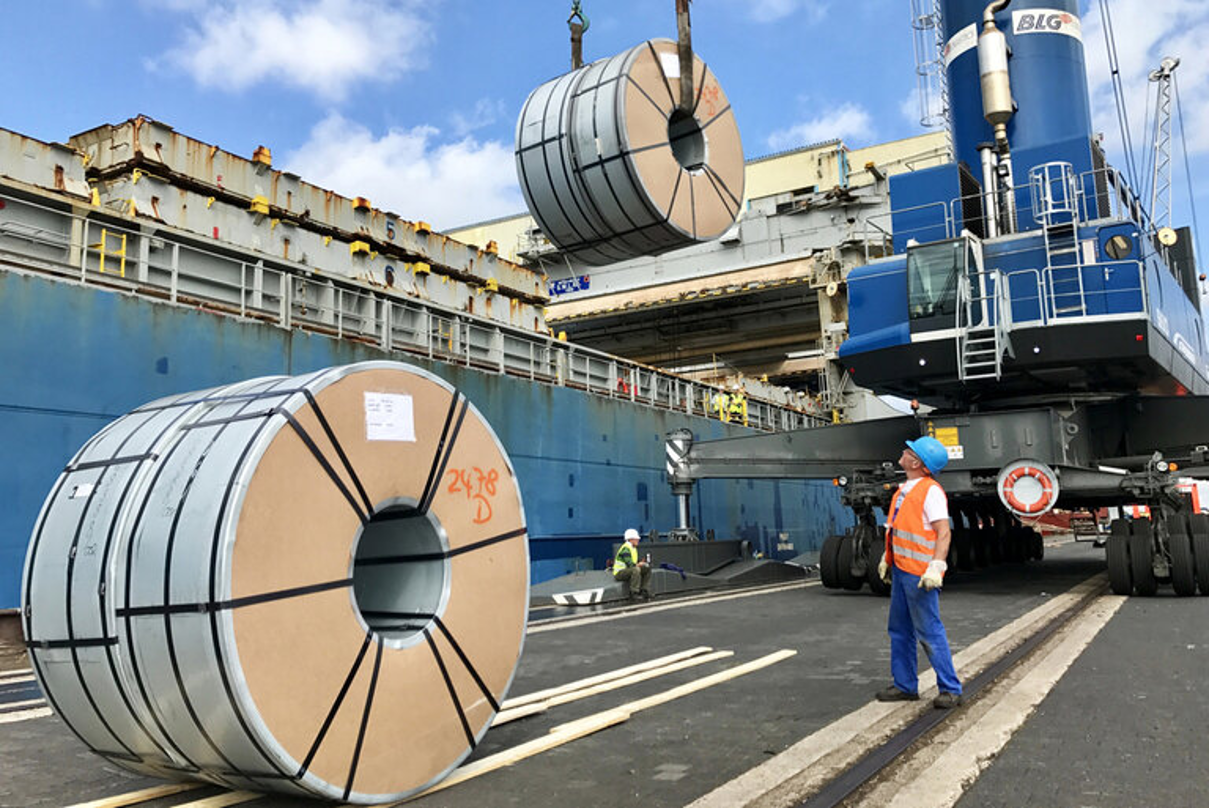Mexico

February 19, 2021
Power Cuts, Gas Shortages Force Mill Outages in Mexico
Written by Michael Cowden
At least two major Mexican flat-rolled steel producers–Altos Hornos de México (AHMSA) and Ternium México–have cut production in response to power outages and natural gas shortages, according to mill communications.
That development–along with transportation and production snarls at multiple flat-rolled mills in the southern United States–means the North American steel market might be short tens of thousands of tons that otherwise would have been produced over the last week, according to market participants.
![]() The latest mill to be impacted is Altos Hornos de México (AHMSA), which said a suspension in electric service and reduced natural gas supplies had forced it to stop production not only at its steel plants but also at its coal and iron ore mines.
The latest mill to be impacted is Altos Hornos de México (AHMSA), which said a suspension in electric service and reduced natural gas supplies had forced it to stop production not only at its steel plants but also at its coal and iron ore mines.
The Mexican flat-rolled steelmaker said it had lost at least 20,000 tons of liquid steel production as a result, according to a notice dated Thursday Feb. 18.
“The company hopes that supply problems will be resolved shortly, and once operations in the coal and iron mines are normalized and the supply of essential inputs is replenished … work will be done to recover lost volumes of steel production,” AHMSA said.
Sales have also been hit because many of AHMSA’s customers have been impacted by power cuts and gas shortages as well, the company said.
AHMSA’s hot-strip mill in Monclova–in the northern Mexican state of Coahuila–has annual capacity of 2.8 million tons per year, according to the Association for Iron and Steel Technology’s (AIST’s) 2021 directory of iron and steel plants.
{loadposition reserved_message}
Ternium México, meanwhile, declared a “force majeure event” at 7:48 a.m. on Monday, Feb. 15, because “severe weather conditions” resulted in a “generalized power shortage” in several northern Mexican states, the company said in a letter to customers. The power outage had made it “impossible” to maintain normal business operations, the steelmaker said.
It was not immediately clear on Friday, Feb. 19, whether operations had resumed. Ternium did not immediately respond to a request for comment.
Ternium operates three hot-strip mills with combined capacity of 4.9 million tons per year in the northern Mexican state of Nuevo León, according to the AIST directory.
The developments in Mexico are significant because Mexican mills are key suppliers to the U.S. steel market.
The U.S. imported 3.01 million tonnes of steel from Mexico in 2020, according to Commerce Department figures. That placed the Latin American nation third behind only Canada (4.76 million tonnes) and Brazil (3.57 million tonnes). South Korea (1.83 million tonnes) was a distant fourth.
And the U.S and Mexico share not only cross-border trade in steel but also infrastructure and energy. Power outages and gas shortages in Texas, for example, had a severe impact on northern Mexico–which receives much of its natural gas supply from the Lone Star state, market participants said.
Severe weather, power cuts and gas shortages have rippled out along manufacturing supply chains across North America–upstream from Voestalpine’s hot-briquetted iron plant near Corpus Christi, Texas, to mills, and downstream to auto assembly plants in the U.S. and Mexico.
By Michael Cowden, Michael@SteelMarketUpdate.com







